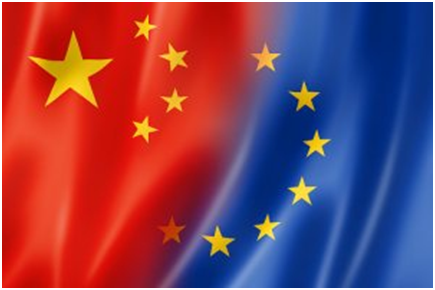EU-China Trade Disputes Likely to Adversely Affect South Korean Stock Market

EU’s import tariff increase or import regulations against China may adversely affect the South Korean stock market.
With trade disputes mounting between the European Union and China, NH Investment & Securities pointed out that the former’s import tariff increase or import regulations against the latter may adversely affect the South Korean stock market.
“In that case, China will impose retaliatory tariffs and the tariffs will deteriorate the global value chain and result in a decrease in global trade volume to have a negative impact on the South Korean stock market,” it explained.
“Still, extreme trade disputes between the European Union and China are rather unlikely because China is currently the largest trade partner for the European Union accounting for 16 percent of its total trade,” it went on to say, continuing, “The disputes are harmful to both sides and are likely to lead to a stronger U.S. dollar vis-à-vis euro and yuan.” It added that both sides are unlikely to make a decision disadvantageous for themselves and advantageous for the United States from the disputes that started between the United States and China.
“The European Union is likely to delay its investment treaty ratification with regard to the Uyghur issues,” it also said. The European Union and China signed their comprehensive agreement on investment late last year and the European Parliament is yet to ratify the agreement. Although details of the agreement are yet to be announced, the main purpose of it is to increase European companies’ accessibility to the Chinese market. “The European Union may utilize the delay related to the human rights issues for better relations with the United States and less internal complaints,” it said.